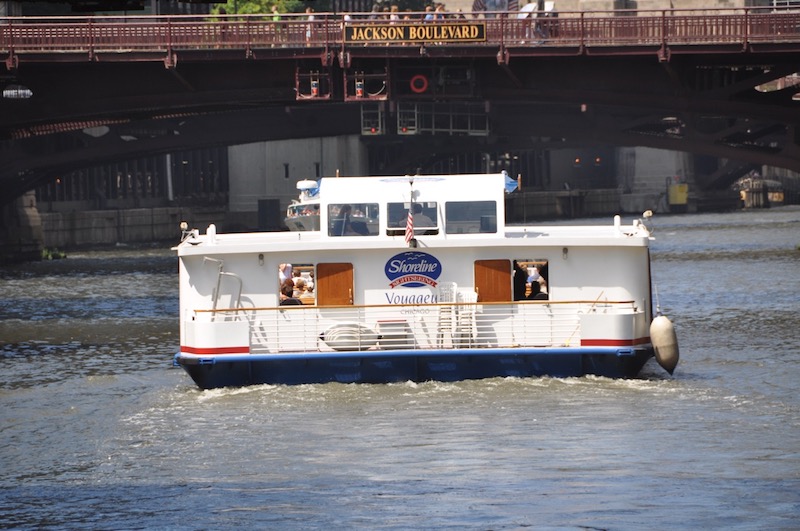I am a regular reader of Joel Milton’s On the Water column. His At A Glance column in the September issue of WorkBoat (“Seat-of-the-pants piloting”) has real significance, and not simply because I am a senior ferry captain.
The ability to maneuver in all kinds of conditions by the seat of the pants is an important attribute for mariners. Although I hold a higher tonnage license with endorsements not necessarily needed for the vessels operated (radar, ECDIS), reliance on good old-fashioned boat handling and seamanship is something that any master can be proud of. My experience tells me that neither enough masters nor enough companies imbue that thinking and skill to new captains.
A recent article by an English master and chief officer of P&O Ferries on LinkedIn underscored the importance of manual shiphandling skills.
A colleague of mine (a SUNY Maritime grad with decades as a blue water skipper) has privately lamented to me that most of his career was spent getting from one harbor to another on international voyages, relying on pilots to bring the vessel in. Handling of ferries, tugs, and other vessels in coastal and inland service often relies upon manual boat handling and operating skills.
While the digital wheelhouse is a part of my environment today with radar and ARPA, ECDIS, and computerized engine monitoring, these electronic tools should not be a substitute for traditional mariner skills. Good judgment, intuition, an appreciation for navigation and COLREGS or Inland Rules, coupled with situational awareness and keen senses, contributes immensely to good boat handling, maneuvering and safety.
Thank you Joel for a column that routinely underscores the importance of many basic mariner skills and for the recognition offered to Shelter Island ferries and their crews in the September issue.




